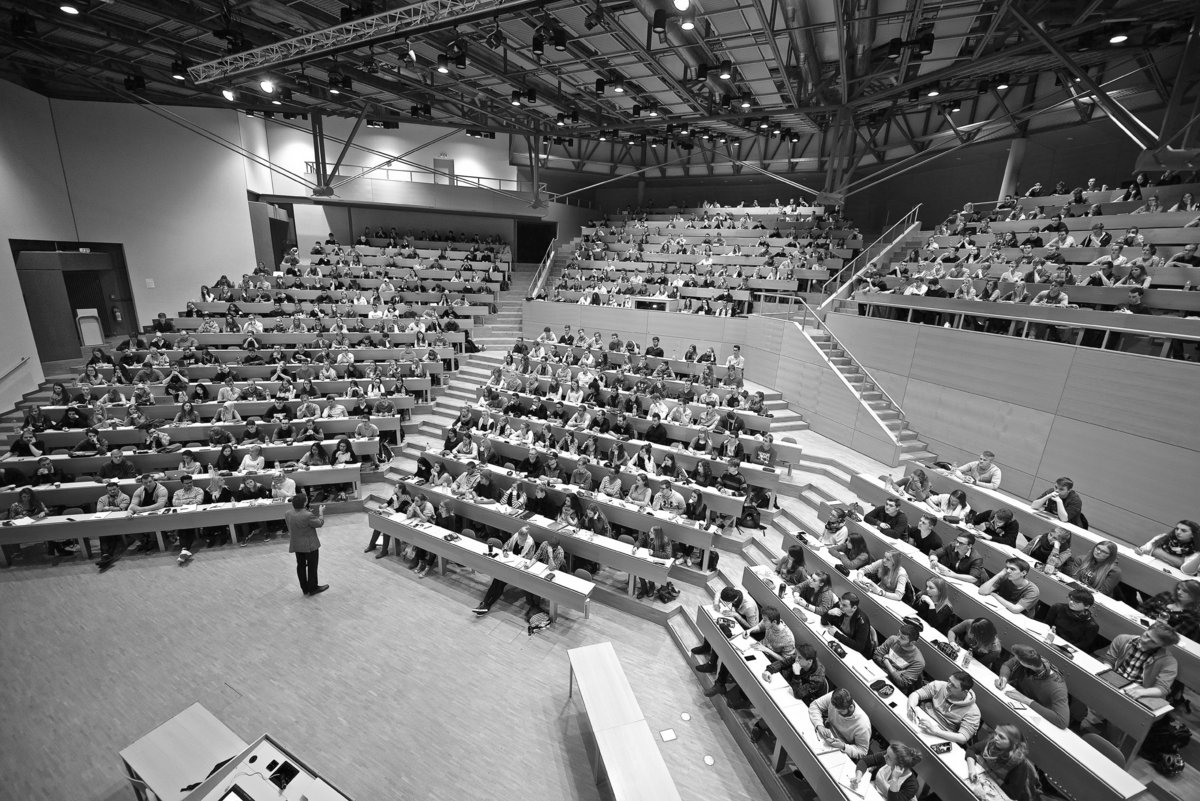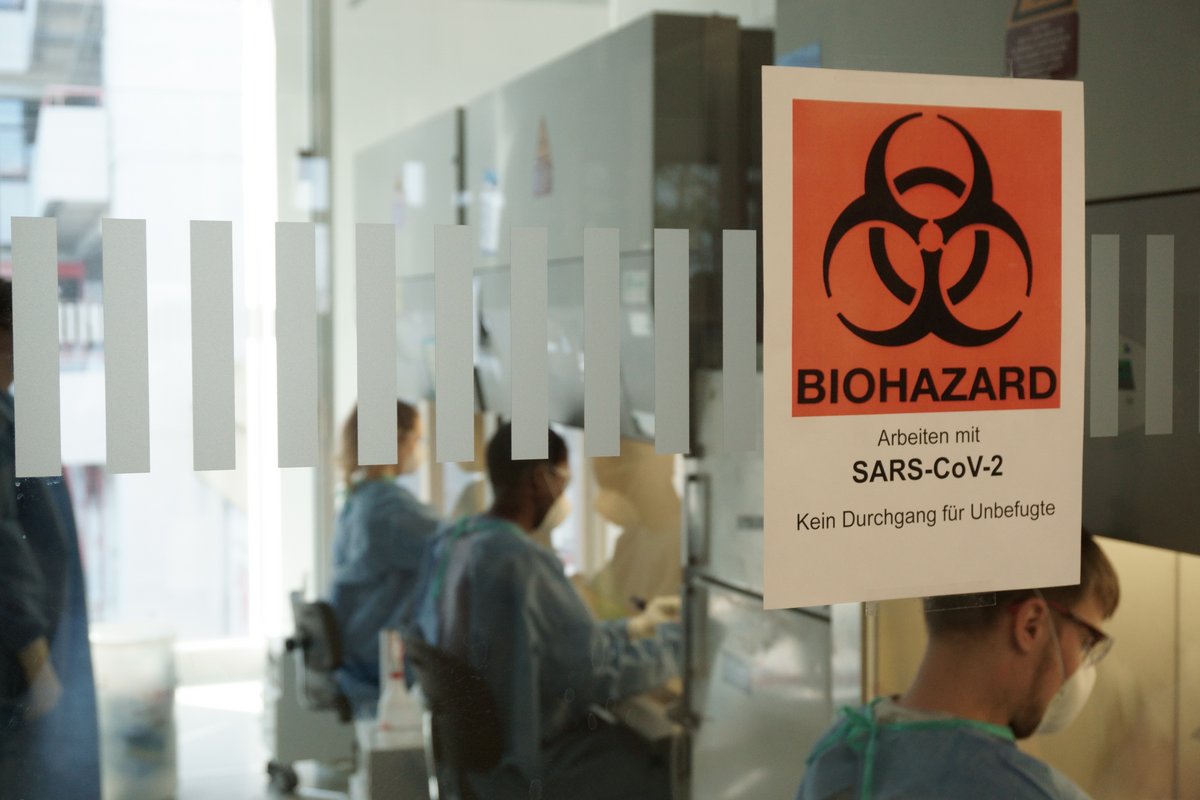
Science lends a hand in the crisis
University of Konstanz assists with coronavirus diagnostics: A team at the University of Konstanz, including Professor Christof Hauck, Dr Marcus Groettrup and Professor Thomas Mayer from the Department of Biology, is currently assisting with testing for the novel coronavirus (SARS-CoV-2).
Read more
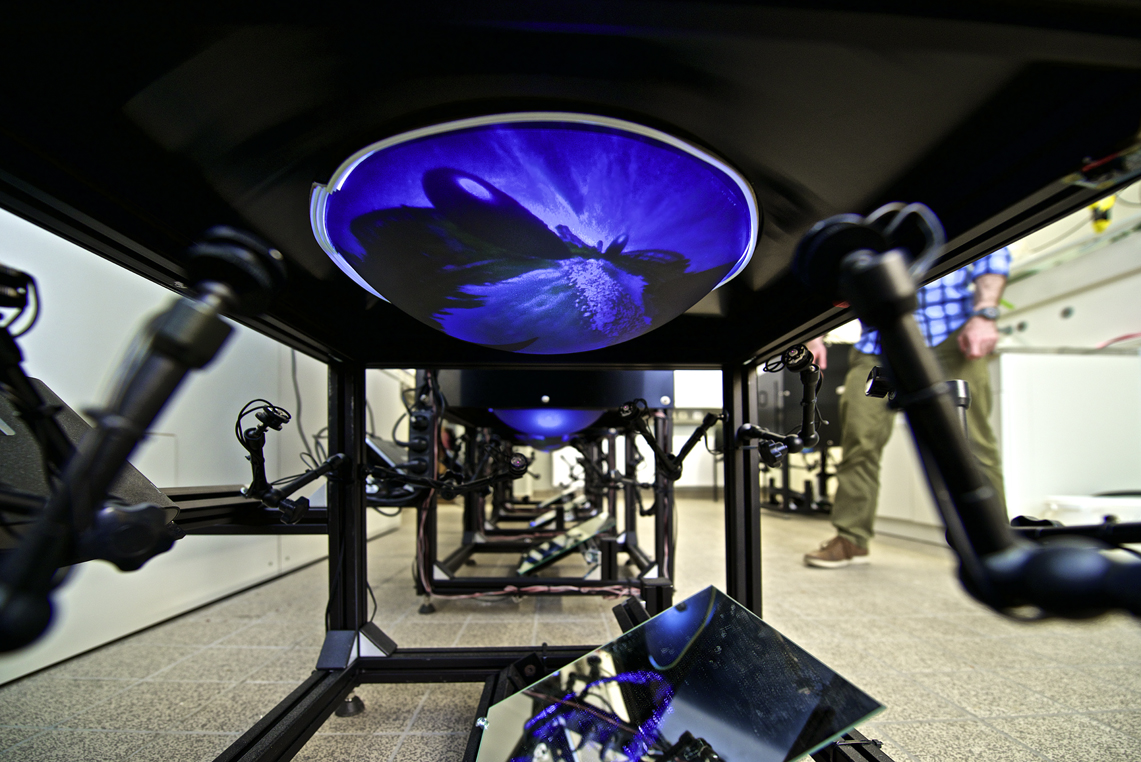
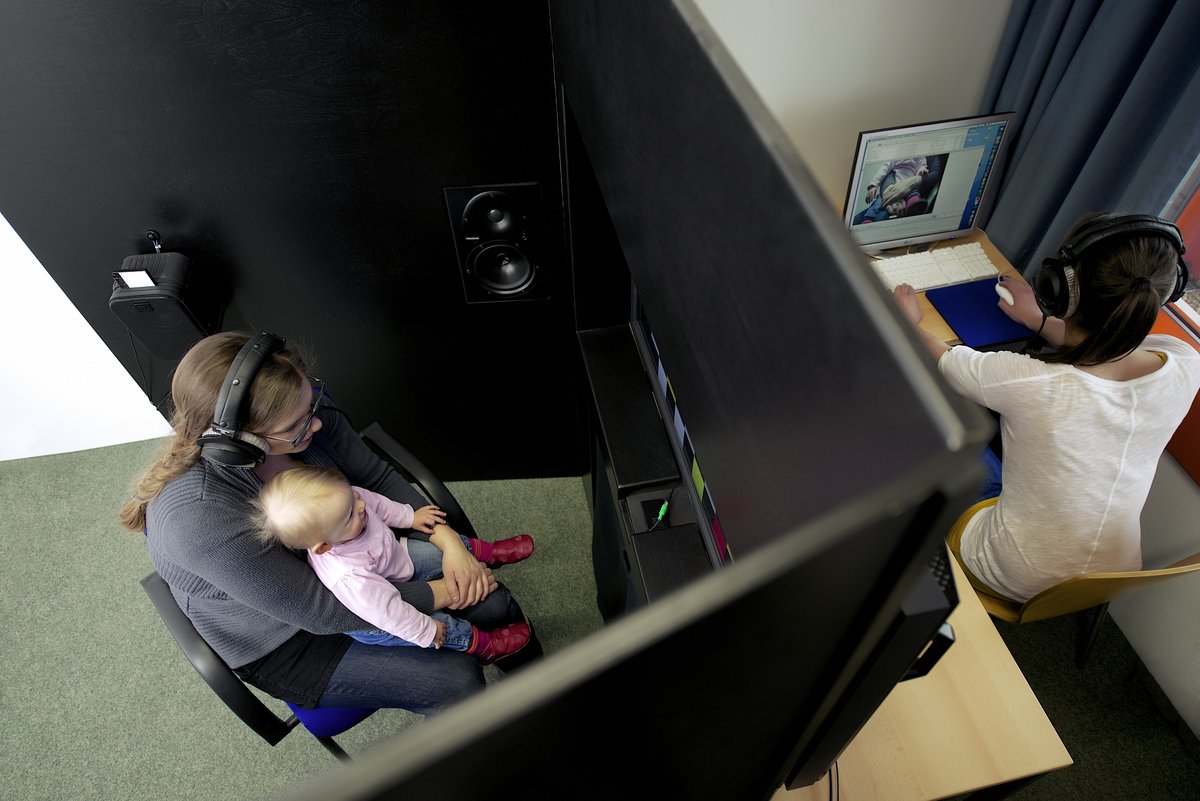
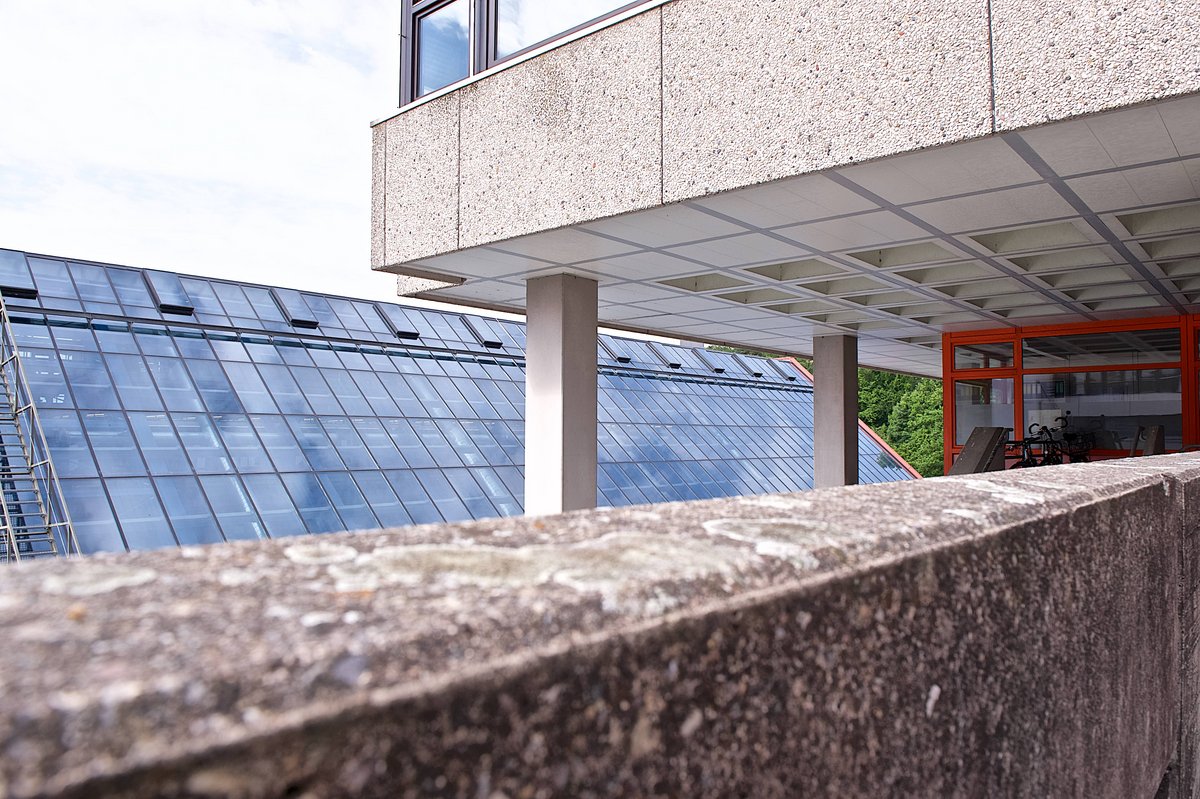

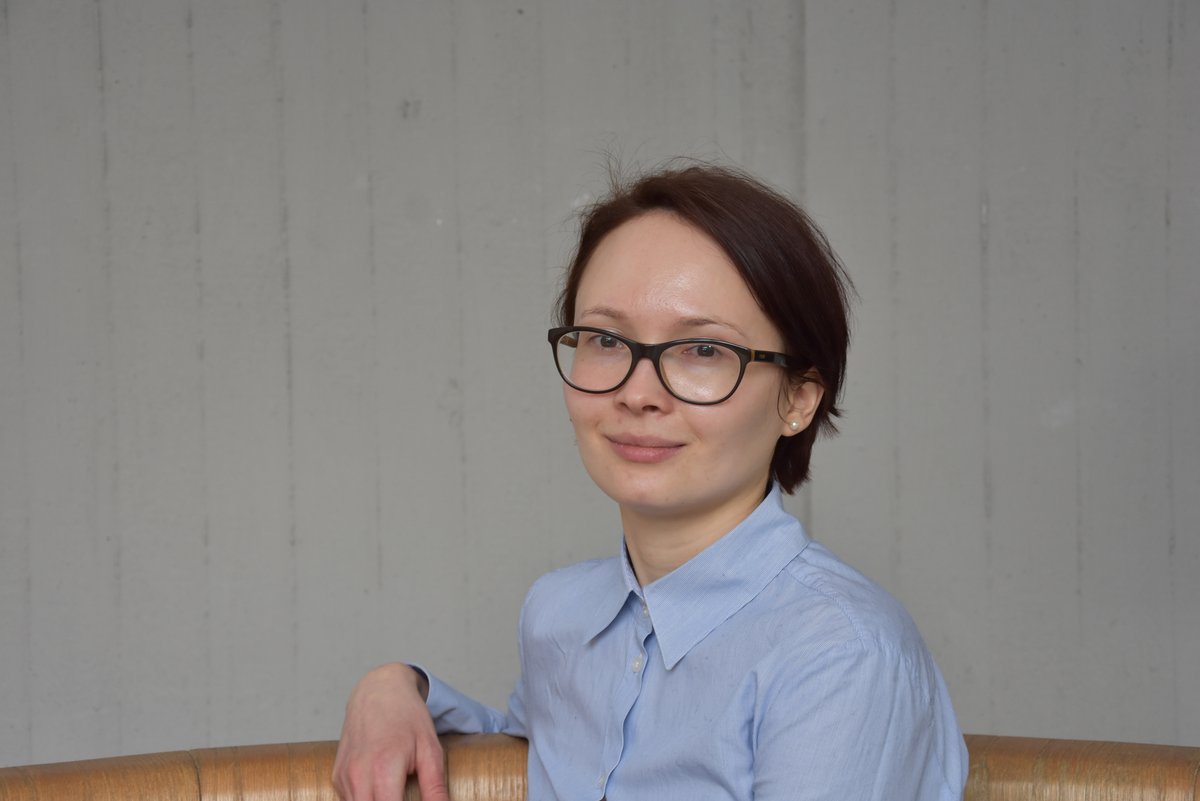
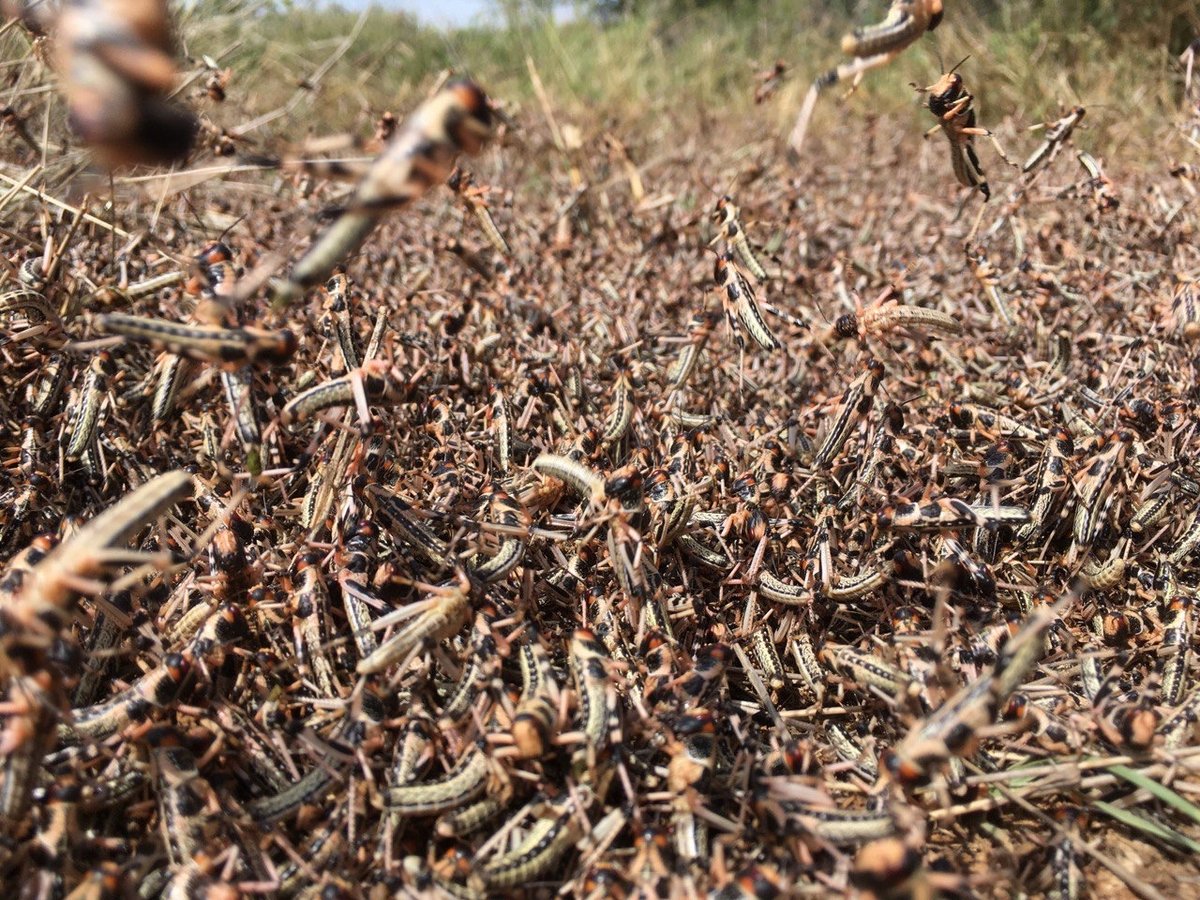
![[Translate to Englisch:] [Translate to Englisch:]](/fileadmin/pi/fileserver/2020/Bilder/Becks_neu.jpg)

